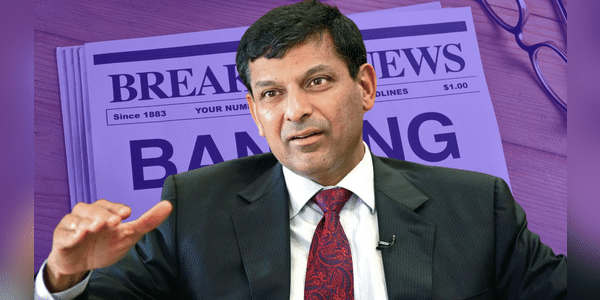Did you think that the banking collapse and its effects have slowly faded and the situation has calmed down? Then, according to a leading economist, you are terribly mistaken and you may yet be surprised at what lies ahead.

According to leading economist Raghuram Rajan, despite the drop in volatility in recent weeks, the banking sector's problems are not over and there may be more meltdowns to come.
Rajan, who previously served as chief economist at the International Monetary Fund and was among the experts who predicted the 2008 financial crisis, pointed to the problems of regional banks that spooked the world last month. In recent weeks, the turmoil has calmed down as US banks have recovered, but the crisis is not over. At least according to Rajan.
"I hope for the best, but I expect there may be more to come, in part because some of the things we've seen were unexpected," he said. "The whole concern is that very easy money and…